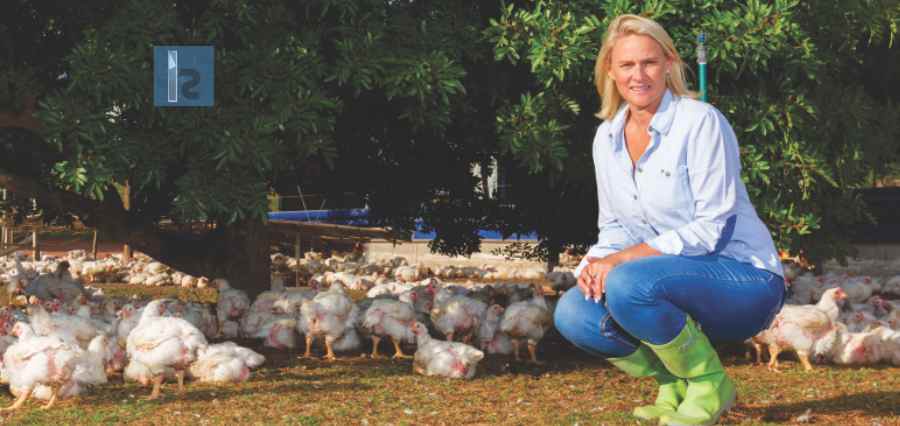
A 2007 survey by Smith and Wiseman found that 59 per cent people, of those surveyed, in sub-Saharan Africa(SSA) were suffering from severe energy deficiency. Children under the age of five showed signs of stunting, wasting and slow mental development in rural areas of SSA. Pregnant and lactating women were found vulnerable towards diseases arising due to inadequate dietary energy and protein.
Providing them chicken meat and eggs—considered the best source of quality protein—was suggested as efficient and healthy. They are not just high-quality protein, but also provide important vitamins and minerals, are high in lutein which lowers the risk of cataracts and macular degeneration, and also the cheapest of all livestock meats.
As a result, poultry developed as a major industry in developing countries. The industry set-up and produce are relatively inexpensive, widely available, provides employment, has a less detrimental impact on the environment than other livestock, and uses less water.
However, the condition in which the poultry is kept in these farms has always been a cause of concern. The birds are placed in a closely packed cage most of the time, are fed inadequately and sparsely, and injected with antibiotics and hormones to keep them disease-free and increase their net weight respectively.
“We work with nature to keep our birds healthier and happier, which in the long run also improves the flavour and texture of the meat.”
All these conditions, while increasing the quantity, adversely affect the quality of the produce. As a result, instead of providing nourishment to the human body, gives empty calories and in acute cases, causes harm.
Turning to Nature
In 1997, concerned about her family’s well-being due to increasing use of processed and chemically treated food, Jeanne Groenewald reached a point where she decided that she could no longer feed her family any mass-produced meat.
Born and brought up on a farm in Wellington, Jeanne started experimenting with free-range chickens. The free-range method of raising poultry demanded that chickens, for at least some part of the day, are allowed to roam freely outdoors and is not confined 24 hours a day.



























